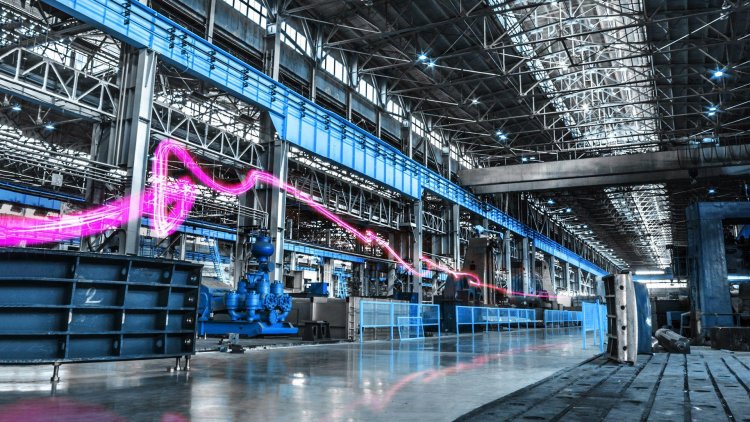Industry 4.0 and Manufacturing: Accepting Automation and Connectivity

Known by many as Industry 4.0, the Fourth Industrial Revolution, industry is going through a revolutionary transition. Industry 4.0, which is typified by the fusion of digital technologies, automation, and connectivity, is changing the industrial sector's efficiency, agility, and innovation. This blog will examine how Industry 4.0 is profoundly affecting production and how companies are using connectivity and automation to keep ahead of the competition.
Getting to Know Industry 4.0
The convergence of physical and digital technology to produce "smart factories" characterizes Industry 4.0, a paradigm change in manufacturing. Principle elements of Industry 4.0 consist of:
- Internet of Things (IoT): Sensors and networking capabilities built into IoT devices are turning conventional manufacturing equipment into intelligent, networked systems. Real-time data collecting and transmission from these devices allows producers to increase overall efficiency, foresee maintenance requirements, and remotely monitor and optimize processes.
- Artificial intelligence (AI) and Machine Learning: To find insights, streamline manufacturing processes, and make data-driven decisions, AI and machine learning algorithms examine enormous volumes of data produced by Internet of Things devices. All along the manufacturing value chain, AI-powered solutions are boosting productivity and agility in everything from demand forecasting and quality control to predictive maintenance.
- Automation and Robotics: In industrial operations, automation technologies—including robotics and robotic process automation (RPA)—are lowering human error, boosting productivity, and simplifying repetitive chores. Human workers can concentrate on more strategic duties when robots with sophisticated sensors and AI capabilities can quickly and precisely complete complicated jobs.
- Additive manufacture (3D Printing): By allowing quick prototyping, customisation, and on-demand manufacture, additive manufacturing technologies like 3D printing are completely changing the way things are made. Because 3D printing enables producers to produce complex designs with less waste, new product time-to-market is shortened and costs are reduced.

Production Affected
The production landscape is changing in a number of ways as Industry 4.0 technologies are adopted:
- Enhanced Efficiency and Productivity: Industry 4.0 technology are generating notable increases in efficiency and productivity by automating repetitive jobs, streamlining procedures, and reducing downtime through predictive maintenance. More products produced in less time by manufacturers results in cost savings and increased market competitiveness.
- Improved Quality and Precision: Robotics with sophisticated sensors and AI-powered quality control systems guarantee constant product quality and precision, which lowers waste and faults in production processes. Higher-quality products and happier customers are the outcomes of fast deviation detection and correction made possible by real-time monitoring and analysis.
- More Customization and Flexibility: By using additive manufacturing and digital design tools, producers may create items that are specifically tailored to meet the needs of specific consumers and current market trends. This adaptability enables companies to get a competitive advantage in the market and react fast to shifting customer needs.
- Supply Chain Optimization: Real-time inventory level, demand projection, and production schedule monitoring is made possible by Industry 4.0 technologies, which also promote increased transparency and visibility throughout the supply chain. A more robust and flexible supply chain results from manufacturers optimizing inventory management, cutting lead times, and reducing interruptions thanks to this visibility.
Accepting the Future
Businesses that want to survive and prosper in the digital era must embrace automation and connectivity as Industry 4.0 continues to change the manufacturing landscape. Through funding digital transformation projects, educating employees, and encouraging an innovative culture, factories can seize fresh chances for expansion, efficiency, and sustainability in the Fourth Industrial Revolution.
CONCLUSION
Driven by automation, networking, and digital technology, Industry 4.0 is a revolutionary change in the industrial sector. Manufacturers can reach previously unheard-of levels of productivity, flexibility, and creativity in their operations by adopting Industry 4.0 concepts and using cutting-edge technologies and approaches. Accepting automation and connectivity will be crucial for companies to succeed in a market that is becoming more and more competitive as we negotiate the challenges of the digital era.
What's Your Reaction?


















